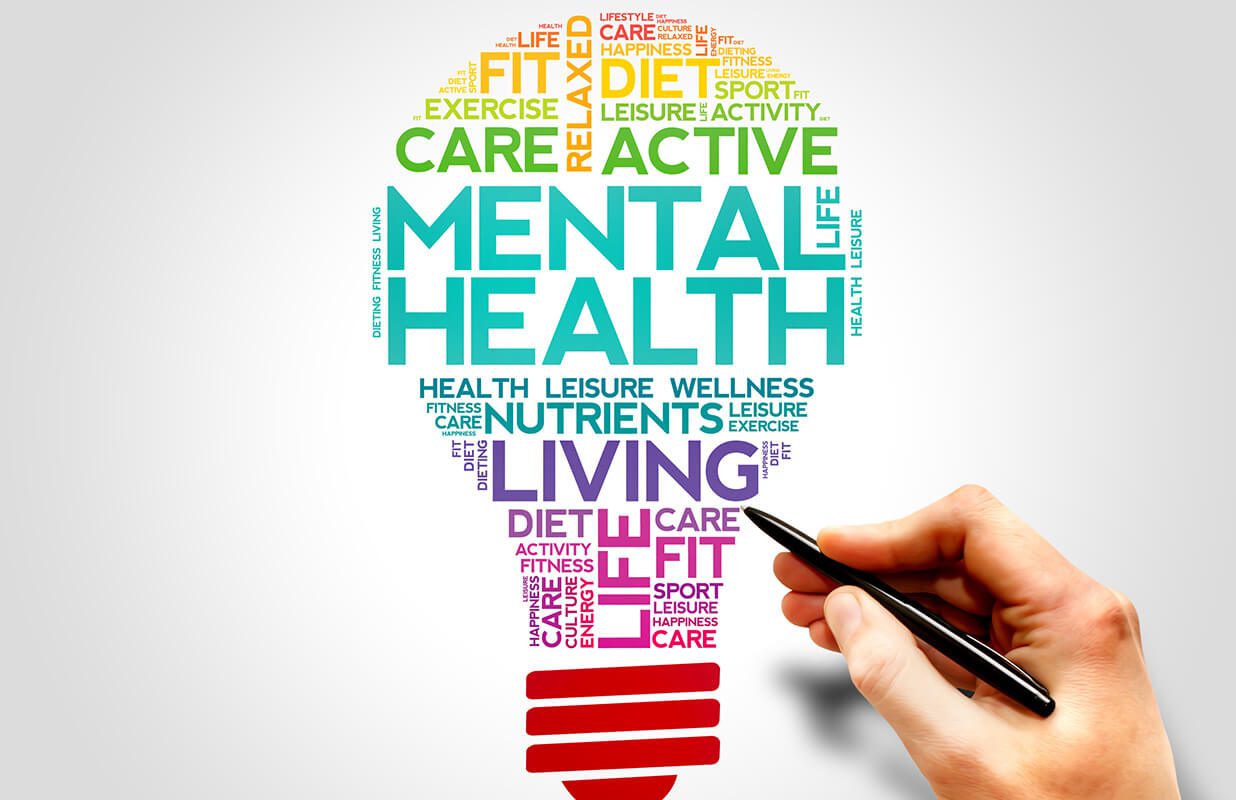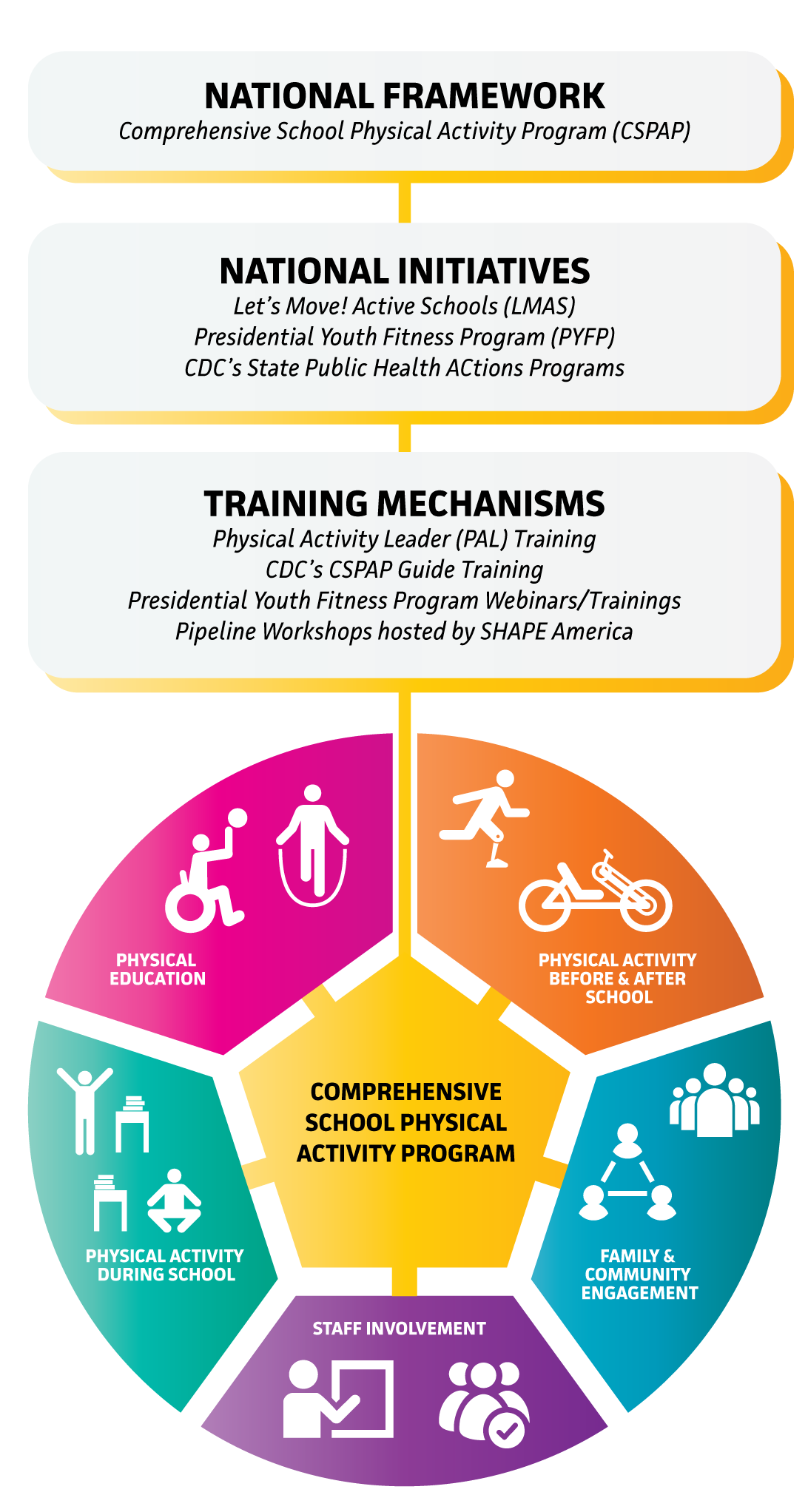
Unveiling Radiant Smiles: Essential Tooth Health Tips
Achieving and maintaining optimal tooth health is key to a radiant smile and overall well-being. Explore these essential tips that encompass daily habits, oral care routines, and professional guidance, ensuring your teeth remain healthy and your smile sparkles.
Daily Dental Habits: The Foundation of Tooth Health
Establishing a foundation for tooth health begins with simple yet crucial daily habits. Brushing your teeth at least twice a day, using fluoride toothpaste, and incorporating flossing into your routine are non-negotiable practices. These habits remove plaque, prevent cavities, and contribute to the overall cleanliness of your teeth.
Balanced Diet for Healthy Teeth: Nutrients for a Radiant Smile
A balanced diet plays a significant role in maintaining healthy teeth. Foods rich in calcium, such as dairy products and leafy greens, strengthen enamel. Vitamin C-rich fruits and vegetables promote healthy gums, while phosphorous-rich foods, like fish and nuts, contribute to overall dental health. Choose a variety of nutrient-dense foods to support your teeth from the inside out.
Limit Sugary and Acidic Foods: Protecting Tooth Enamel
While embracing a nutrient-rich diet, it’s equally important to limit sugary and acidic foods. These can erode tooth enamel, leading to cavities and sensitivity. Moderation is key; be mindful of sugary snacks and acidic beverages, and ensure they are consumed as part of a balanced meal to minimize their impact on tooth health.
Proper Brushing Techniques: Elevating Oral Care
Beyond the frequency of brushing, the technique matters. Use a soft-bristled toothbrush and gentle, circular motions to clean all surfaces of your teeth. Pay attention to your gumline and the back of your mouth. Brushing for at least two minutes ensures a thorough clean, promoting optimal tooth and gum health.
Flossing: The Often Overlooked Hero of Dental Care
Flossing is a hero in dental care that often goes overlooked. It reaches areas between your teeth and along the gumline where your toothbrush may not reach. Make flossing a daily habit to remove plaque and prevent gum disease. Proper flossing technique involves a gentle, back-and-forth motion, ensuring a comprehensive clean.
Regular Dental Check-ups: Professional Oversight
Routine dental check-ups are essential for maintaining tooth health. Dentists can identify early signs of issues, conduct professional cleanings, and offer personalized advice on your oral care routine. Regular check-ups contribute to the prevention and early detection of potential dental problems, ensuring proactive and effective care.
Fluoride’s Role in Tooth Health: Strengthening Enamel
Fluoride, a mineral found in toothpaste and certain water sources, plays a crucial role in strengthening enamel. Using fluoride toothpaste and, if necessary, incorporating fluoride treatments as advised by your dentist can enhance your teeth’s resistance to decay, contributing to long-term oral health.
Mouthwash as a Complement: Enhancing Oral Hygiene
Mouthwash can be a valuable complement to your oral hygiene routine. Antimicrobial or fluoride mouthwashes help reduce plaque, fight bacteria, and strengthen teeth. Incorporate mouthwash into your routine, following your dentist’s recommendations for optimal usage and benefits.
Oral Health Education: Empowering Smiles
Empowering yourself with knowledge about oral health is fundamental. Understand the importance of proper oral care, recognize the signs of potential issues, and stay informed about the latest developments in dental care. Education is a powerful tool in promoting long-term tooth health.
Explore Tooth Health Tips: Visit Studentals.net
For in-depth insights and a comprehensive guide to tooth health, visit Studentals.net. The platform provides valuable resources, articles, and tips to support your journey towards maintaining optimal tooth health and achieving a radiant smile.
Smile Bright: Embracing a Lifetime of Tooth Health
A lifetime of healthy teeth and a radiant smile begins with consistent and thoughtful oral care. By incorporating these essential tooth health tips into your daily routine and seeking professional guidance, you’re on the path to maintaining strong, beautiful teeth. Visit Studentals.net for ongoing support on your journey to dental wellness.















